Reforming the Welfare State
Our current patchwork system of welfare and entitlement programs is broken.
Welfare programs established back in the 1960s have proven to be counter-productive. Benefits such as food stamps, housing vouchers, and Medicaid phase out when people earn money or start to build up wealth. While this might seem to make sense, this system has created an underclass of people who are incentivized to avoid building wealth. Instead, they hold onto the welfare benefits they do not want to lose. The result is a mixture of moral decline and even outright fraud, as people use their talents, not to contribute to the economy, but to game the welfare system.
My plan to phase out our welfare and entitlement programs and replace them with a universal basic income would solve these problems. By providing a universal basic income of $16,000 per year to everyone 21 years and older with no questions asked, my plan would treat everyone equally. There is no gaming the system because it is so simple.
Every individual would receive the same benefit as a direct deposit into a bank account. Under my plan, the universal basic income would only start to phase out when an individual makes over $35,000 per year. At that point, there would be a 20% surtax on income. This means that if someone were to make $36,000 per year, there would be an additional $200 tax, reducing income to $35,800. Since such a reduction would not be large, it would still make sense for people to earn such extra income. Under this plan, by the time someone earns $75,000 per year, the universal basic income would be reduced to $8000 per year. At that point, though, there would be no more reduction of the universal basic income, no matter how much an individual earns. It would function at that point like a permanent tax cut of $8000 per year. Such a plan would maintain benefits that are roughly equivalent to or better than the benefits of current welfare programs.
The main advantage for current welfare recipients is that they receive the money in cash, which they can spend the way they want, instead of in the form of food stamps or housing vouchers. There would also be no restrictions on income or assets, allowing people to be free to work and build wealth as they please. Such a system would provide freedom for current welfare recipients, which would be coupled with the responsibility to make decisions about how to spend their money. Instead of undermining families by reducing benefits when people form joint households, my plan would provide the same benefit to every individual, regardless of household situation. The government shouldn't be in the business of keeping families apart.
If a husband works and a wife does not work, the wife would receive the full $16,000 per year benefit. If both the husband and the wife each earn $35,000 per year or less, they would each receive the $16,000 per year benefit. Such a system encourages families to stay together and also makes it more possible for one spouse to stay home to care for their children. Consequently, one of the biggest advantages of this plan is the way that it creates incentives for families and communities to stay together and help each other. People can earn a sense of self-respect and create meaningful lives. This provides a foundation for us to have a flourishing community and country.
